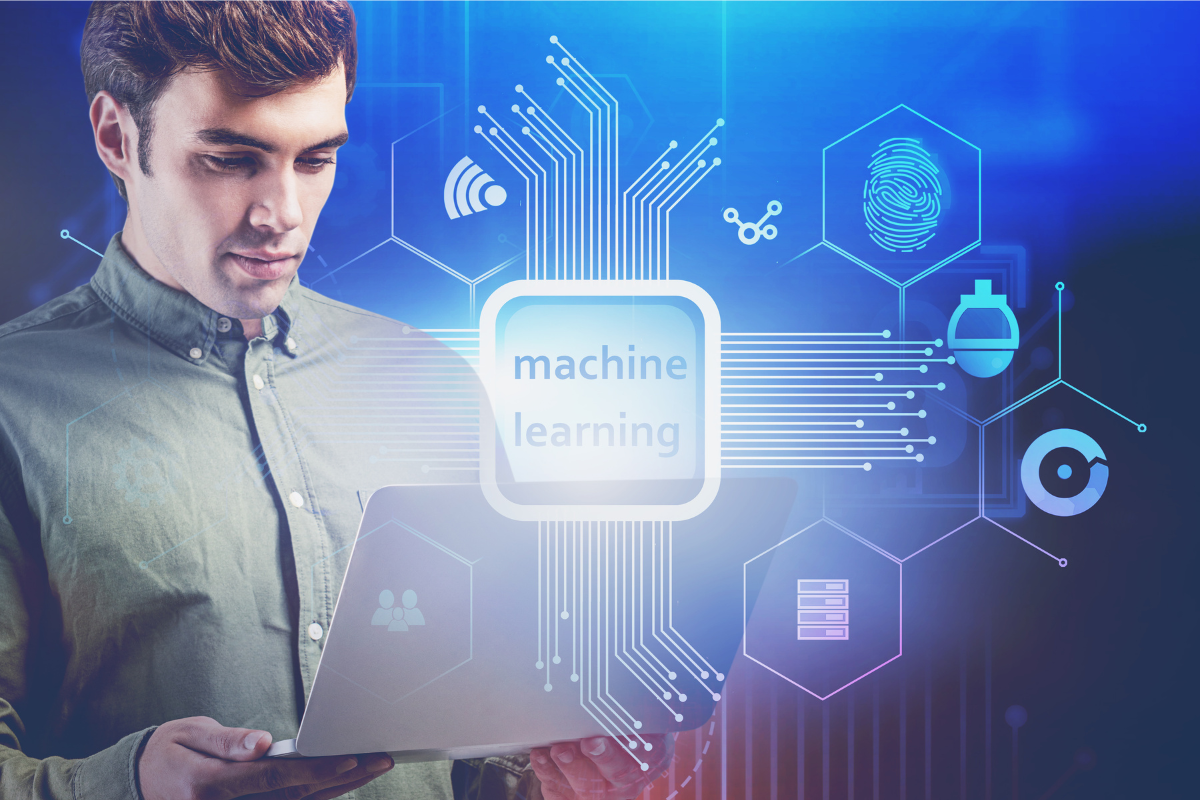Real-world machine learning use cases
Here are just a few examples of machine learning you might encounter every day:
-
Speech recognition: It is also known as automatic speech recognition (ASR), computer speech recognition, or speech-to-text, and it is a capability which uses natural language processing (NLP) to translate human speech into a written format. Many mobile devices incorporate speech recognition into their systems to conduct voice search—e.g. Siri—or improve accessibility for texting.
-
Customer service: Customer service: Online chatbots are replacing human agents along the customer journey, changing the way we think about customer engagement across websites and social media platforms. Chatbots answer frequently asked questions (FAQs) about topics such as shipping, or provide personalized advice, cross-selling products or suggesting sizes for users. Examples include virtual agents on e-commerce sites; messaging bots, using Slack and Facebook Messenger; and tasks usually done by virtual assistants and voice assistants.
-
Computer vision: This AI technology enables computers to derive meaningful information from digital images, videos, and other visual inputs, and then take the appropriate action. Powered by convolutional neural networks, computer vision has applications in photo tagging on social media, radiology imaging in healthcare, and self-driving cars in the automotive industry.
-
Recommendation engines: Using past consumption behavior data, AI algorithms can help to discover data trends that can be used to develop more effective cross-selling strategies. This approach is used by online retailers to make relevant product recommendations to customers during the checkout process.
-
Automated stock trading: Designed to optimize stock portfolios, AI-driven high-frequency trading platforms make thousands or even millions of trades per day without human intervention.
-
Fraud detection: Banks and other financial institutions can use machine learning to spot suspicious transactions. Supervised learning can train a model using information about known fraudulent transactions. Anomaly detection can identify transactions that look atypical and deserve further investigation.
